Once upon a time, there were only a handful of fitness tracking devices on the market that you could choose from. Nowadays, you'll have endless options to pick from when you start searching for the best Android smartwatch. The fitness tracker market has exploded as well, so you'll have to consider some important factors when deciding which one is right for you. There's a case to be made for each of them, but I'm here to tell you why you should choose a smartwatch over a fitness tracker.
If you recently fell down an internet rabbit hole and a smartwatch caught your eye but you're seeking validation, you'll be happy to know there are many arguments in favor of your decision. Whether you're a fan of advanced fitness tracking or you want a fashionable accessory that offers some nice bonus features, a smartwatch is the way to go.
Advanced health and fitness tracking
While there's no denying that fitness trackers have become more sophisticated in recent years, they'll always come second to smartwatches. When it comes down to it, a smartwatch will always be the better option for those who are interested in a device that offers in-depth health and fitness tracking. You'll find a lot of overlap when it comes to what you can track with fitness trackers and smartwatches, but there are some metrics you'll only find available on the latter.
Some advanced sensors and features can only be found on smartwatches.
For example, one feature that is becoming more and more common on smartwatches is an electrocardiogram (ECG) sensor. One device you'll find it on is the TicWatch Pro 3. This feature can detect an irregular heartbeat, which could indicate you have a more serious health condition such as atrial fibrillation (AFib). Some advanced sensors and features can only be found on smartwatches.
It's not uncommon for a smartwatch release to introduce some exciting new features. The Fitbit Sense is just one example. The electrodermal activity (EDA) sensor is designed to monitor how the electrical levels of your skin change throughout the day, which also helps users understand how their bodies respond to stress.
Increased connectivity
If tracking is your primary reason for buying a smartwatch, you might be surprised to learn that you'll have plenty of other perks to look forward to. Again, most of these perks are mainly found on smartwatches. Today, wearables with LTE connectivity are becoming more and more popular.
One of the latest examples is the Fossil Gen 5 LTE. If you're not familiar, this feature allows you to use key features on your watch without requiring a Bluetooth connection to your phone. You'll also be able to make calls and send texts from your wrist while you're out and about. Not everyone will find this useful, but those who like connected technology will have fun with it. Some other LTE smartwatches include the Samsung Galaxy Watch Active 2, Samsung Galaxy Watch 3, Apple Watch Series 6, and Mobvoi TicWatch Pro 4G LTE.
Some other bonus perks commonly found on smartwatches include smartphone notifications with replies, onboard music storage, mobile payments, and app support. While some of these can also be found on certain fitness trackers, they're not quite as prevalent as they are on smartwatches. If you know you want a device with all of these perks, you'll be able to find a smartwatch that offers the full list.
Aesthetically pleasing
Some people simply aren't fans of wearing watches, smart or otherwise. However, those who already enjoy the look and feel of a watch on their wrist will get to kill two birds with one stone when buying a smartwatch. Not only will you have a fashionable accessory to complement your outfits, but it will also track important metrics and keep you connected throughout the day. While pretty much any smartwatch can be made to look stylish, some have a better foundation than others. Some stylish options include the Garmin Lily, Skagen Falster 3, and Fossil Gen 5E Smartwatch.
You can't really say the same for fitness trackers. While they serve a different purpose that caters to minimalists who don't like bulky accessories, they're not exactly making a fashion statement. That may not be an issue for everyone, but those who want to wear their tracking device at all times while maintaining their sense of style will be better off with a smartwatch.
Highly customizable
While we're on the subject of accessorizing, it'll be easier to customize a smartwatch to match your preferences than if you had a fitness tracker. Sure, you might be able to find a tracker that allows you to change the band, but you'll likely have fewer options. Not to mention that it's a little more difficult to dress up a tracker than it is a smartwatch. These devices aren't exactly designed with style in mind.
You'll have more customization options with a smartwatch.
You'll have more customization options with a smartwatch. For starters, you'll have a wider selection of bands to choose from. You can stock up on multiple options so that you have a watch band for every occasion. It's much easier to switch from sporty to fancy when you have a smartwatch. Another customizable aspect is the display.
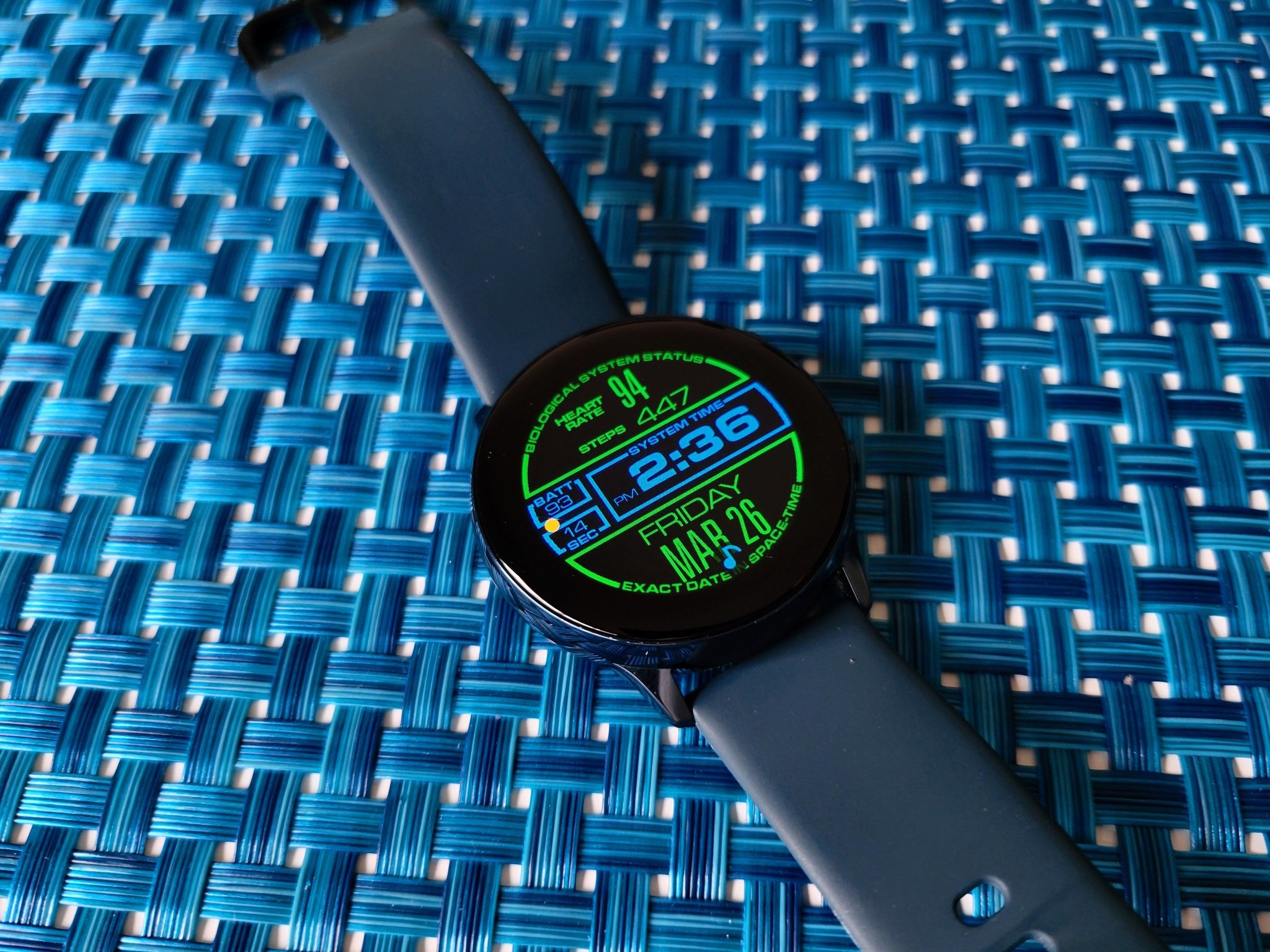 WADD Secundus watch face for Samsung Galaxy Watch Active
WADD Secundus watch face for Samsung Galaxy Watch Active
Most smartwatches let you choose a watch face. Some themes are simple and colorful while others are much more intricate. If you'd like, you can choose a watch face with a color scheme that matches your outfit for the day. You can also decide what data is displayed on the main screen. For instance, you can set it up so the main display shows your step count, calories burned, and today's weather.
Superior readability
No matter which smartwatch you choose to buy, it's going to offer better readability than a tracker. This is mostly due to the larger display. However, many smartwatches also come with crisp and colorful AMOLED displays, which means they have a higher resolution. It'll be easy to glance down at your wrist to check the time or your step count for the day. This can be more challenging with a tiny tracker and a lower-resolution display.
Not only will the quality of your display be superior, but there will be more for you to read. On a fitness tracker, you might get a few words on the display when reading a notification. In most cases, the words will be chopped up and not so easy to read because only so many words can fit on one line of a tiny display. Fortunately, this is not a common issue with smartwatches. Most displays are large enough to show at least the first few lines of a notification in an organized fashion that's easy to read. As you can imagine, this makes for a much more enjoyable experience.
Should you buy a smartwatch over a fitness tracker?
For a lot of people, a smartwatch is a better choice than a fitness tracker. In some cases, there won't be a huge leap in price between the two, so it makes sense to spend a bit more. You'll get your money's worth in the form of a more stylish device, more advanced tracking, and extra bonus features. If you're looking for a well-rounded wearable that helps you navigate daily life while tracking key metrics that pertain to your health and fitness, a smartwatch will serve you well.
Great performance, better price
Samsung Galaxy Watch Active 2
$199 at Amazon $200 at Best Buy
The best smartwatch for most people isn't the fanciest around.
While the Galaxy Watch 3 might look flashier and newer, the Galaxy Watch Active 2 does 95% of the same things for over a hundred dollars less while also looking more svelte and smooth on your wrist. Battery life is great and the automatic workout tracking is great without becoming overbearing.
For health enthusiasts
Fitbit Sense
$269 at Amazon $270 at Best Buy $269 at Walmart
All the data
The Fitbit Sense is a health-driven smartwatch that's packed with features that will provide helpful insight. It offers GPS, multiple exercise modes, activity/sleep tracking, ECG/EDA sensors, guided breathing, female health tracking, and more.
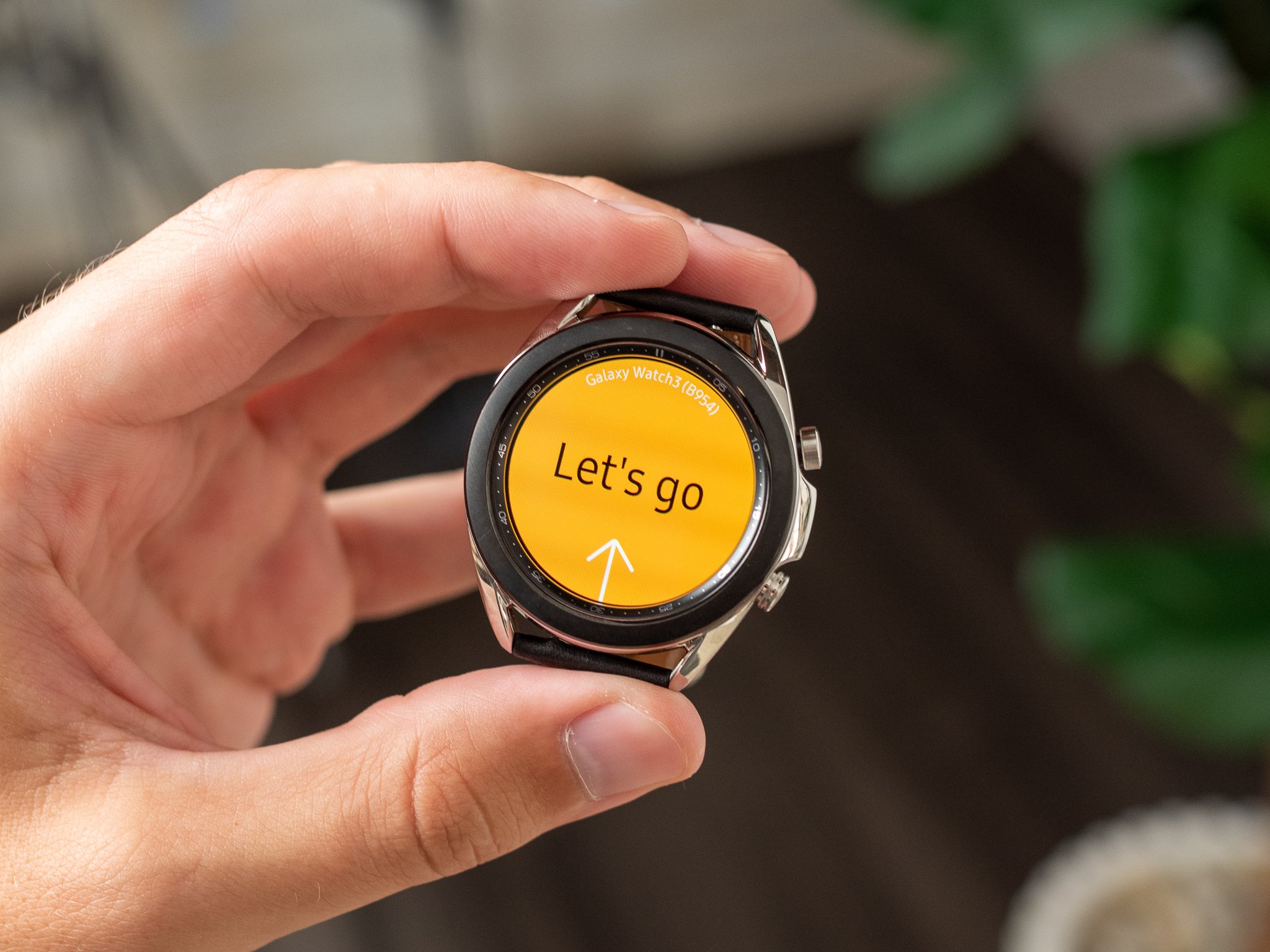
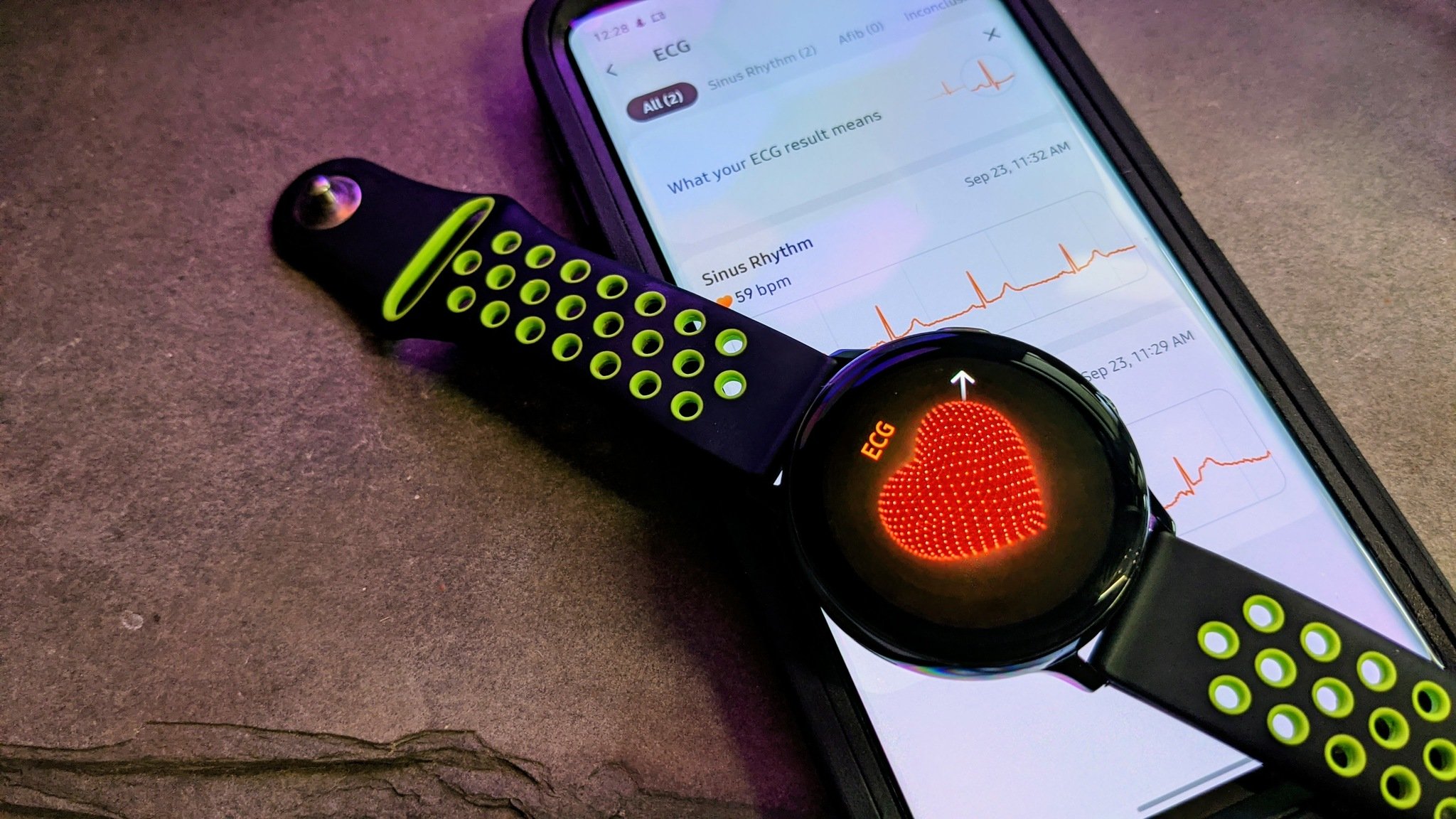
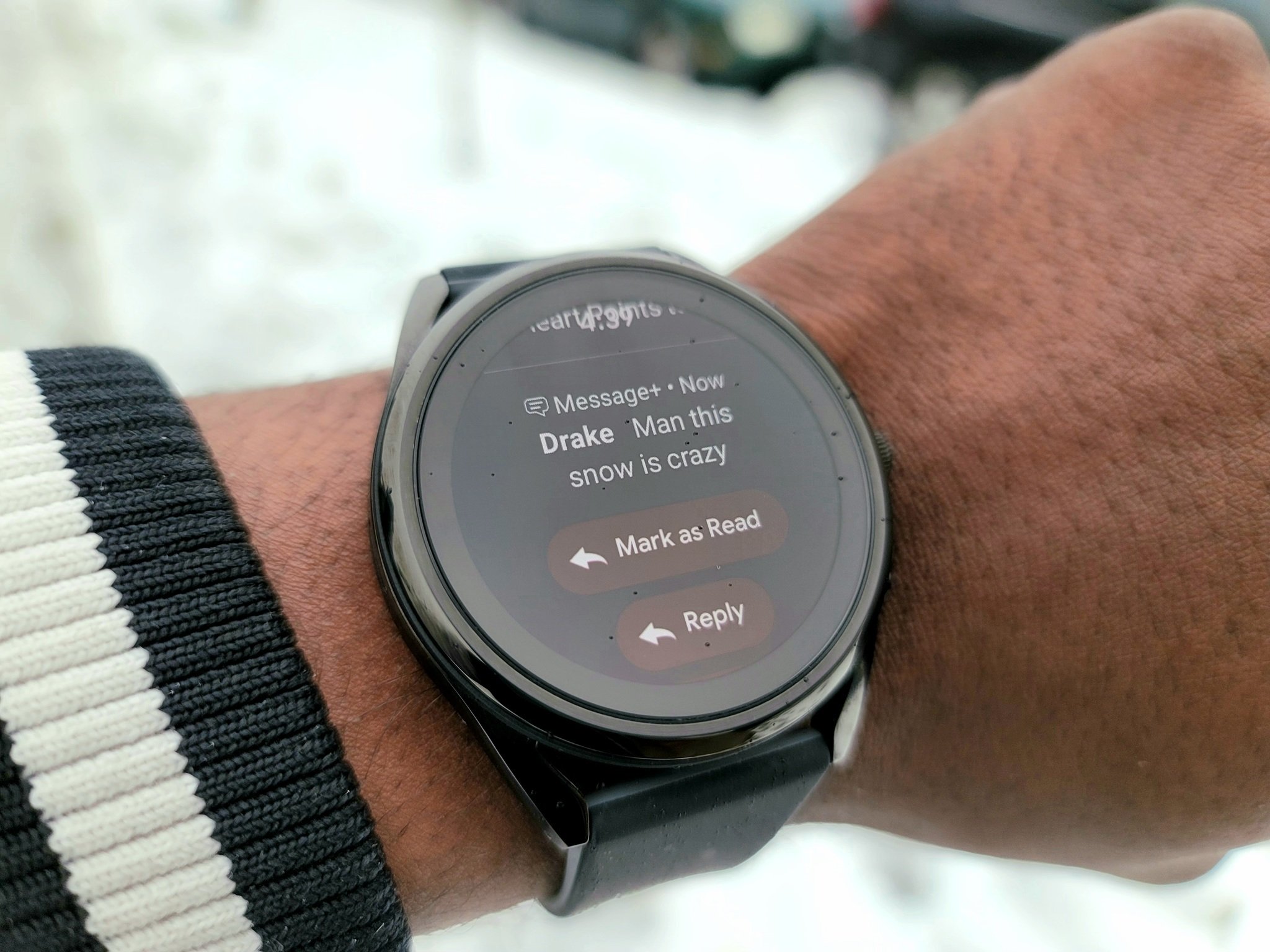
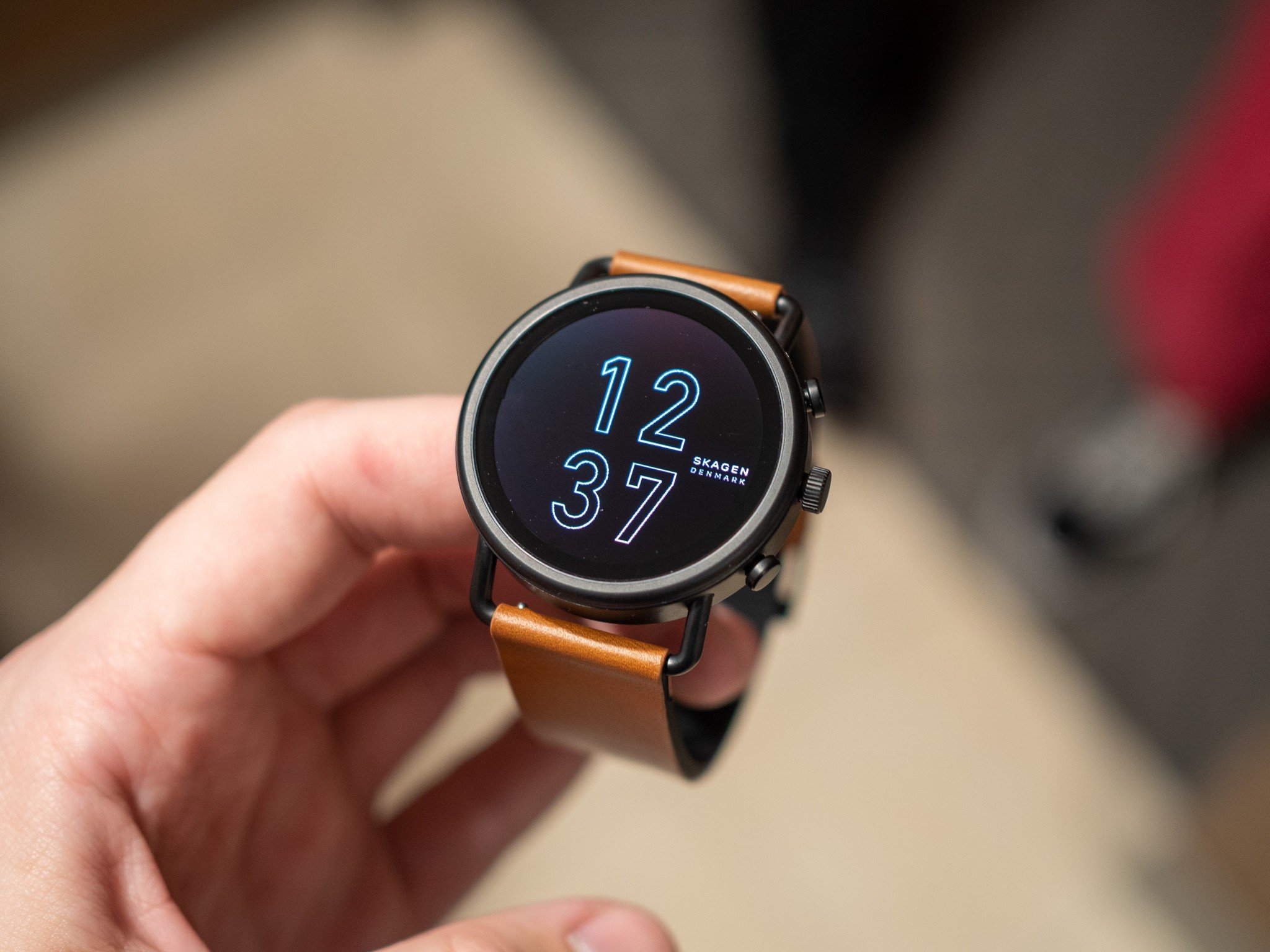
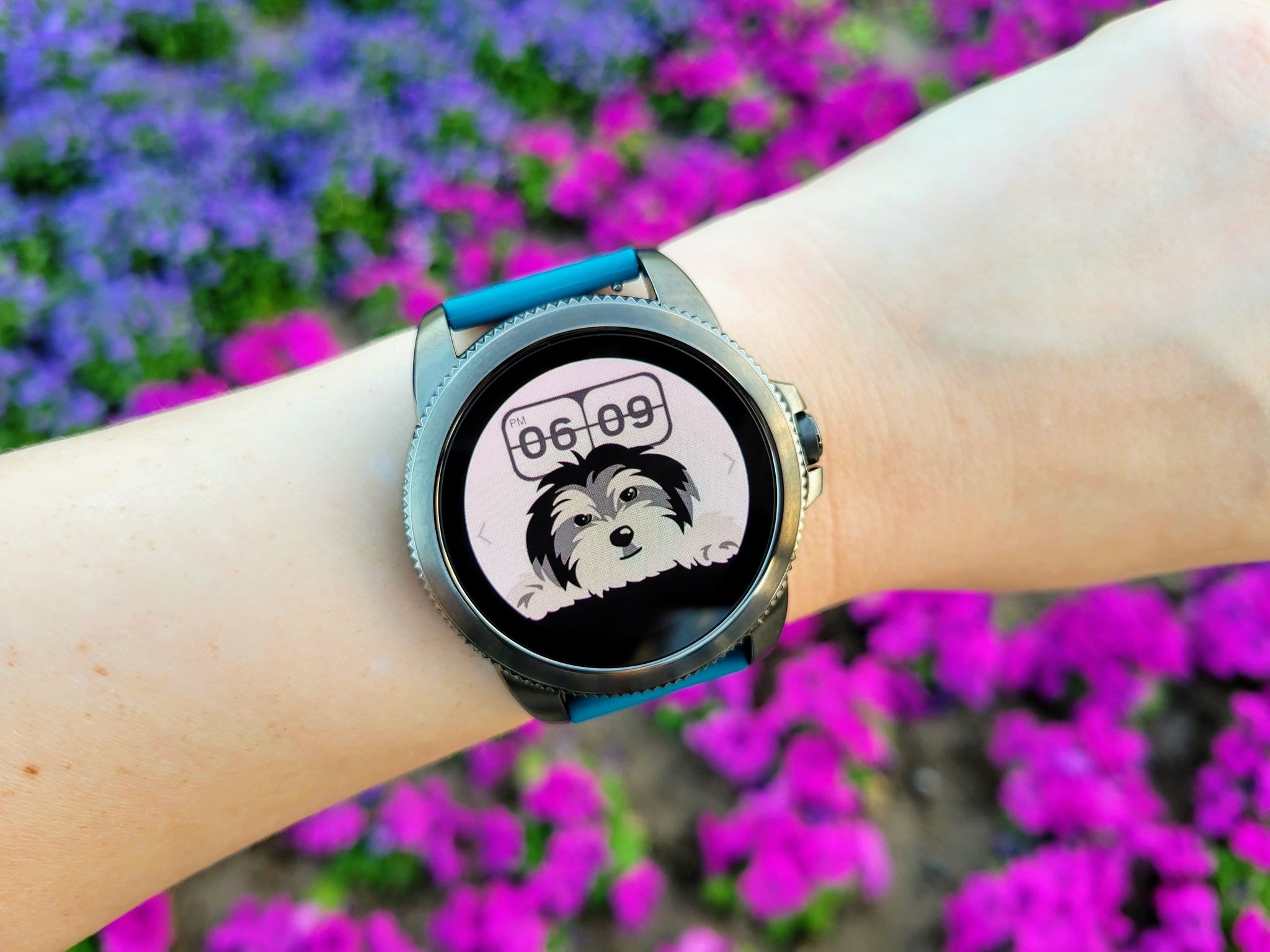
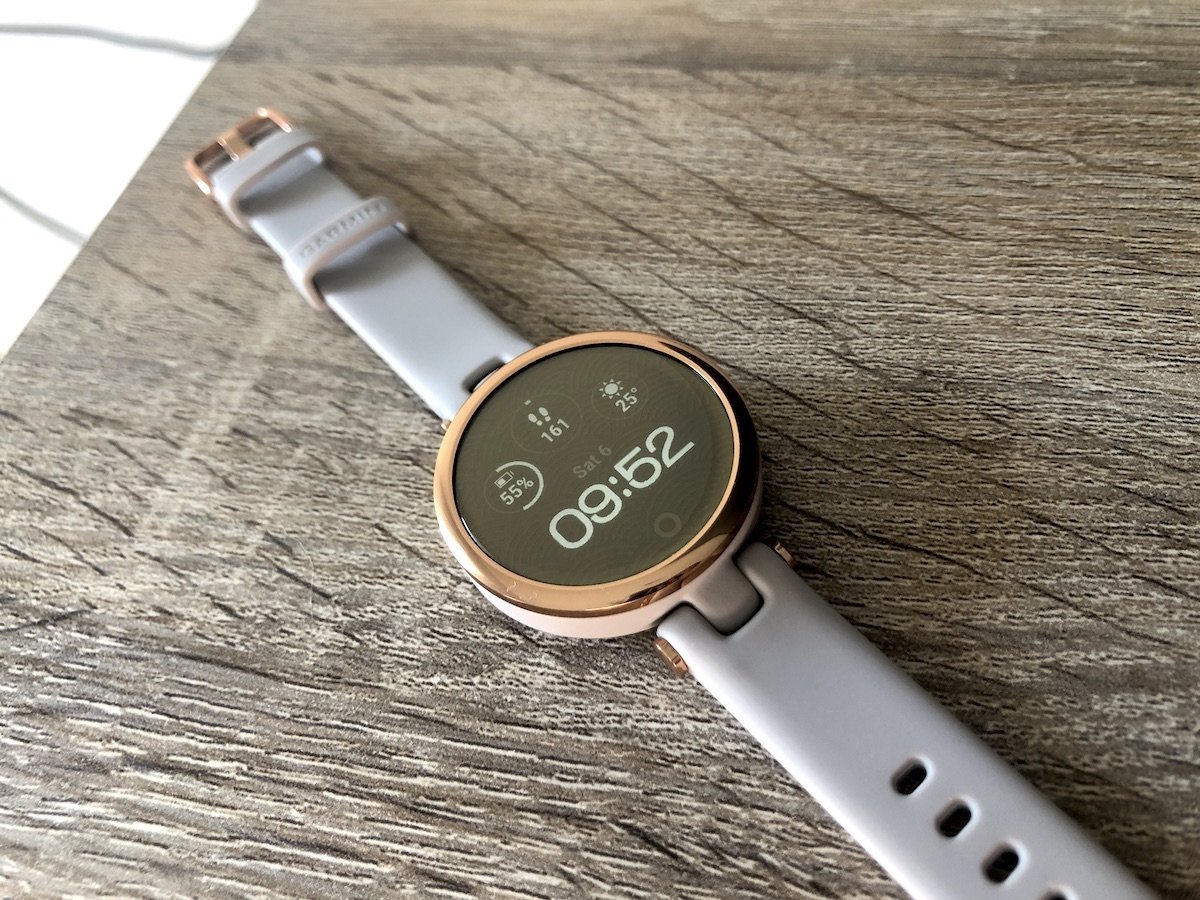
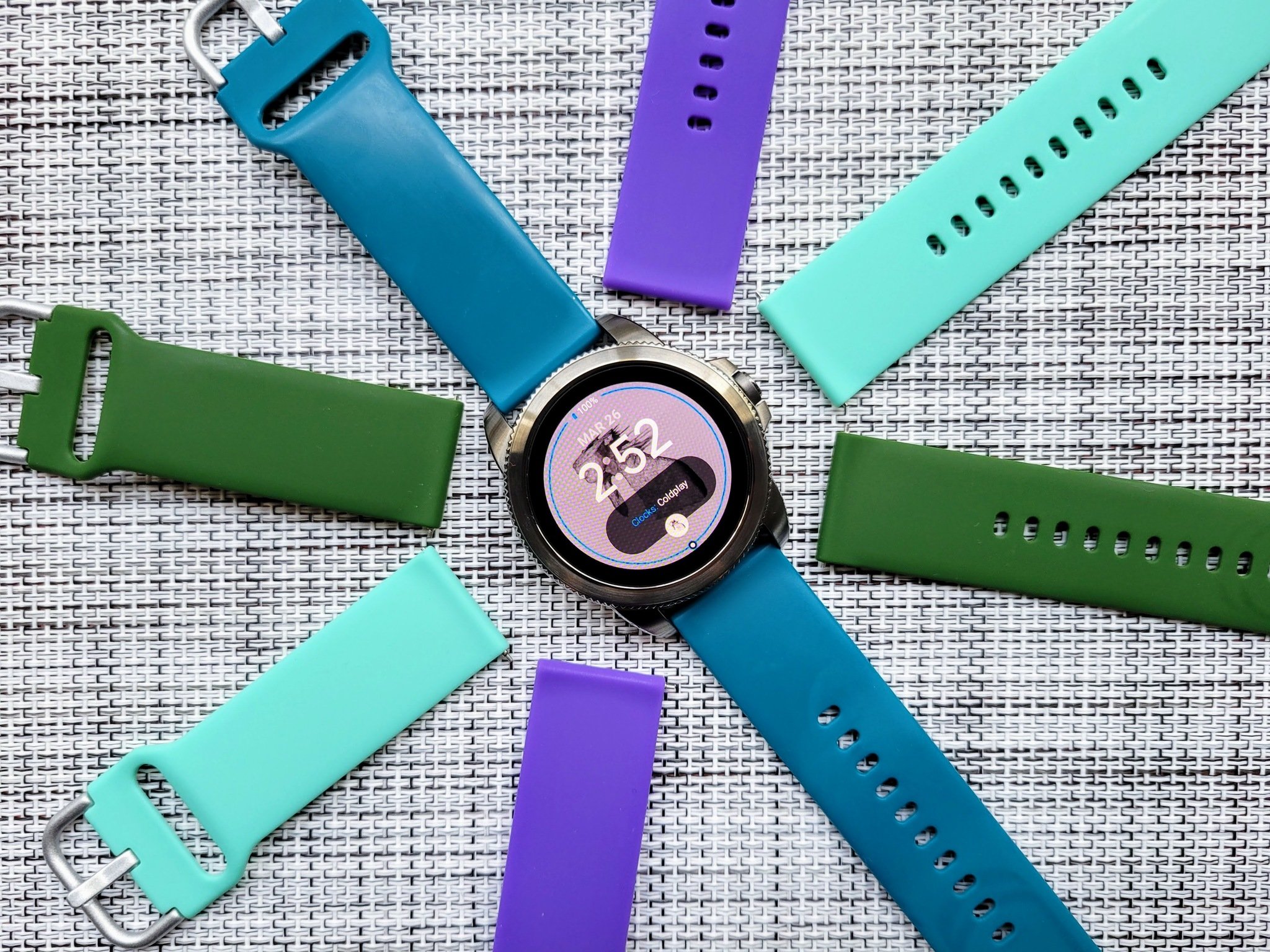
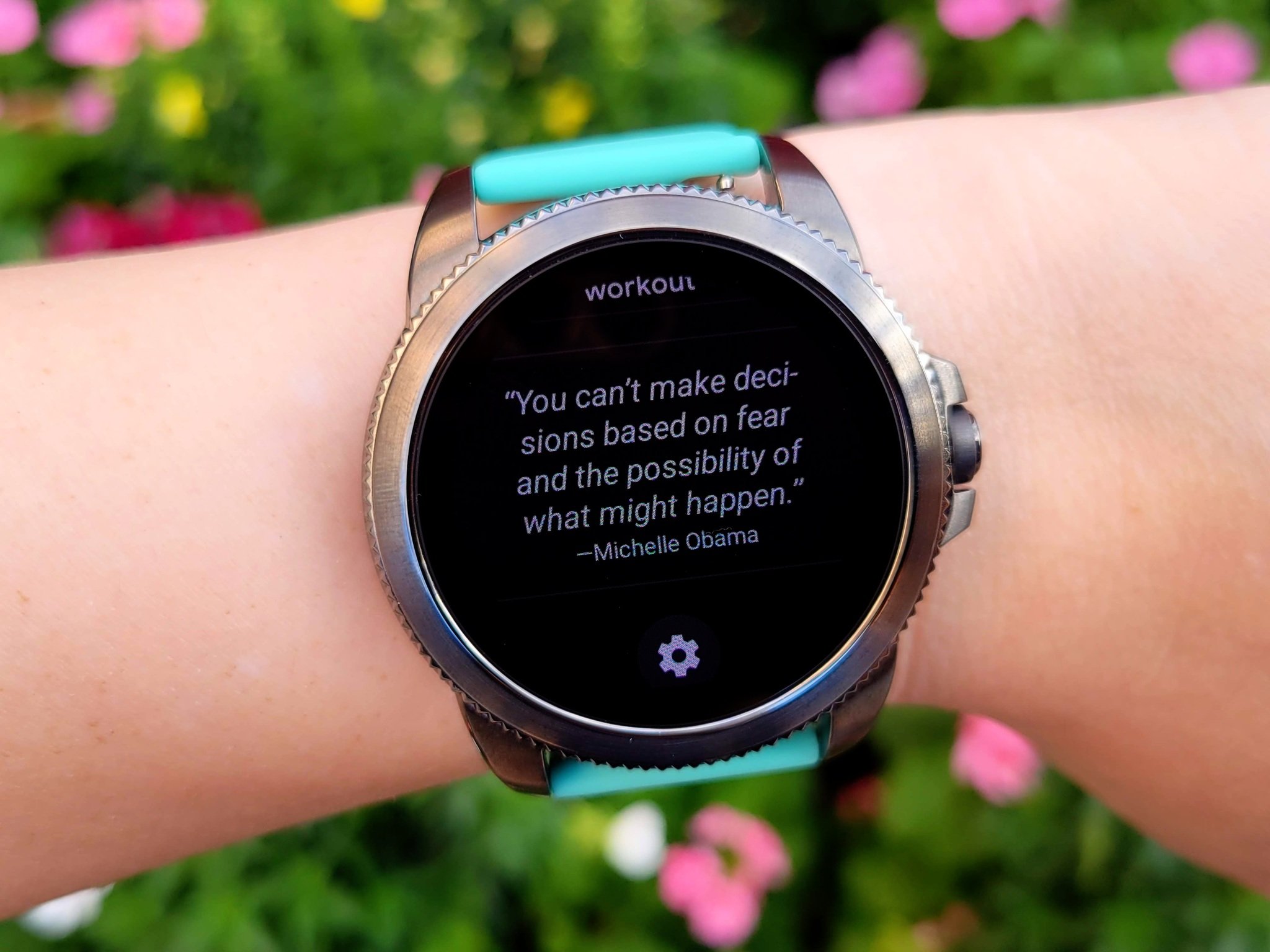
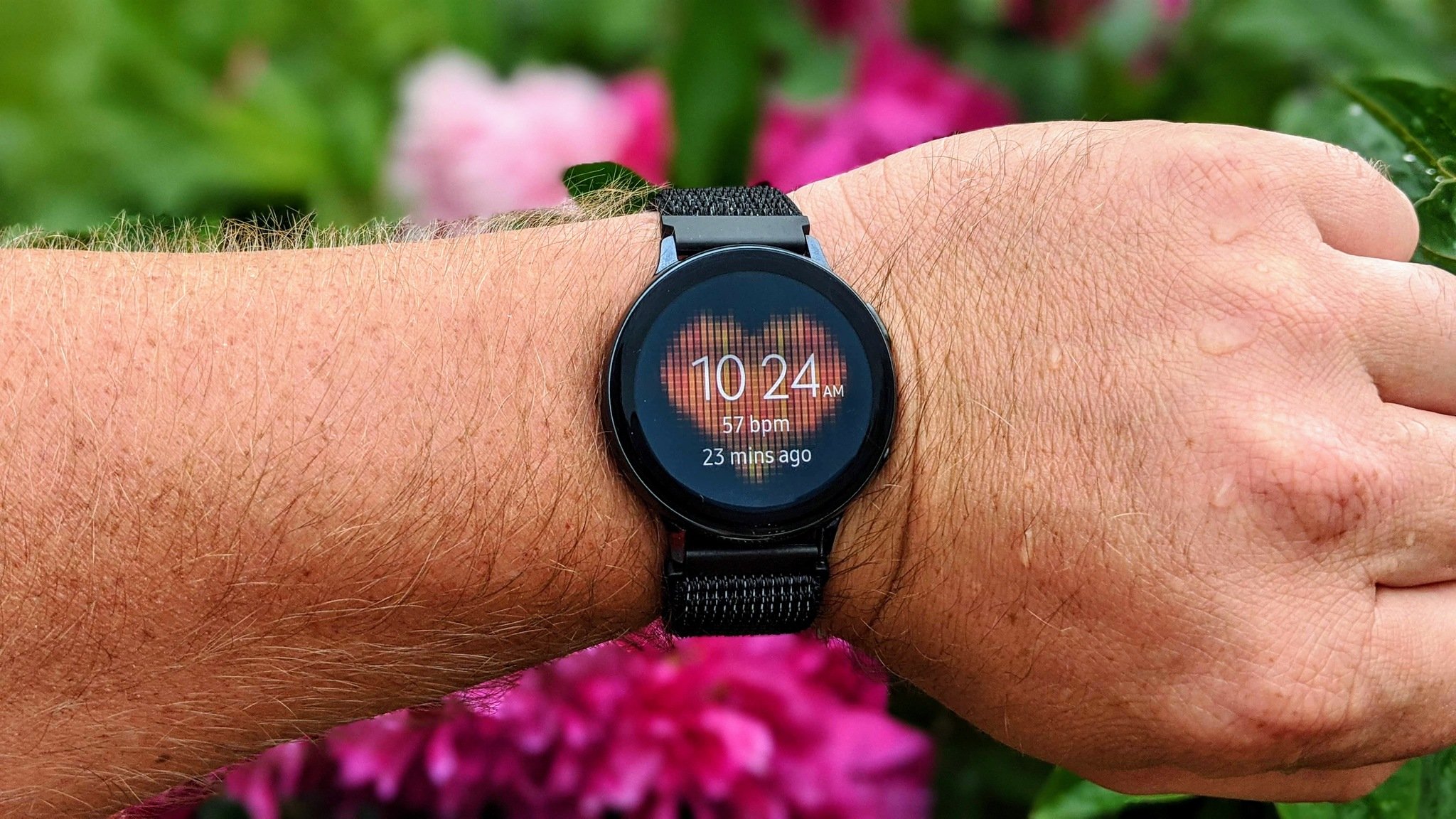
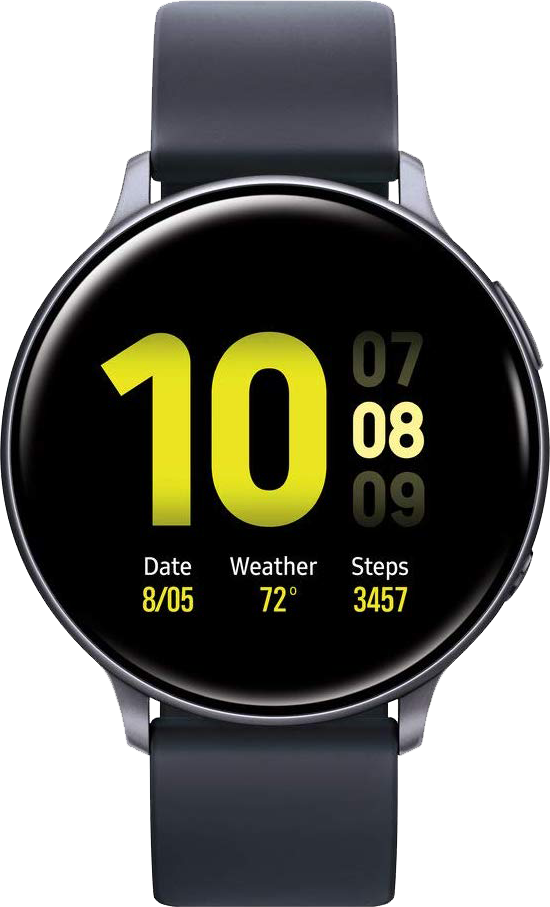
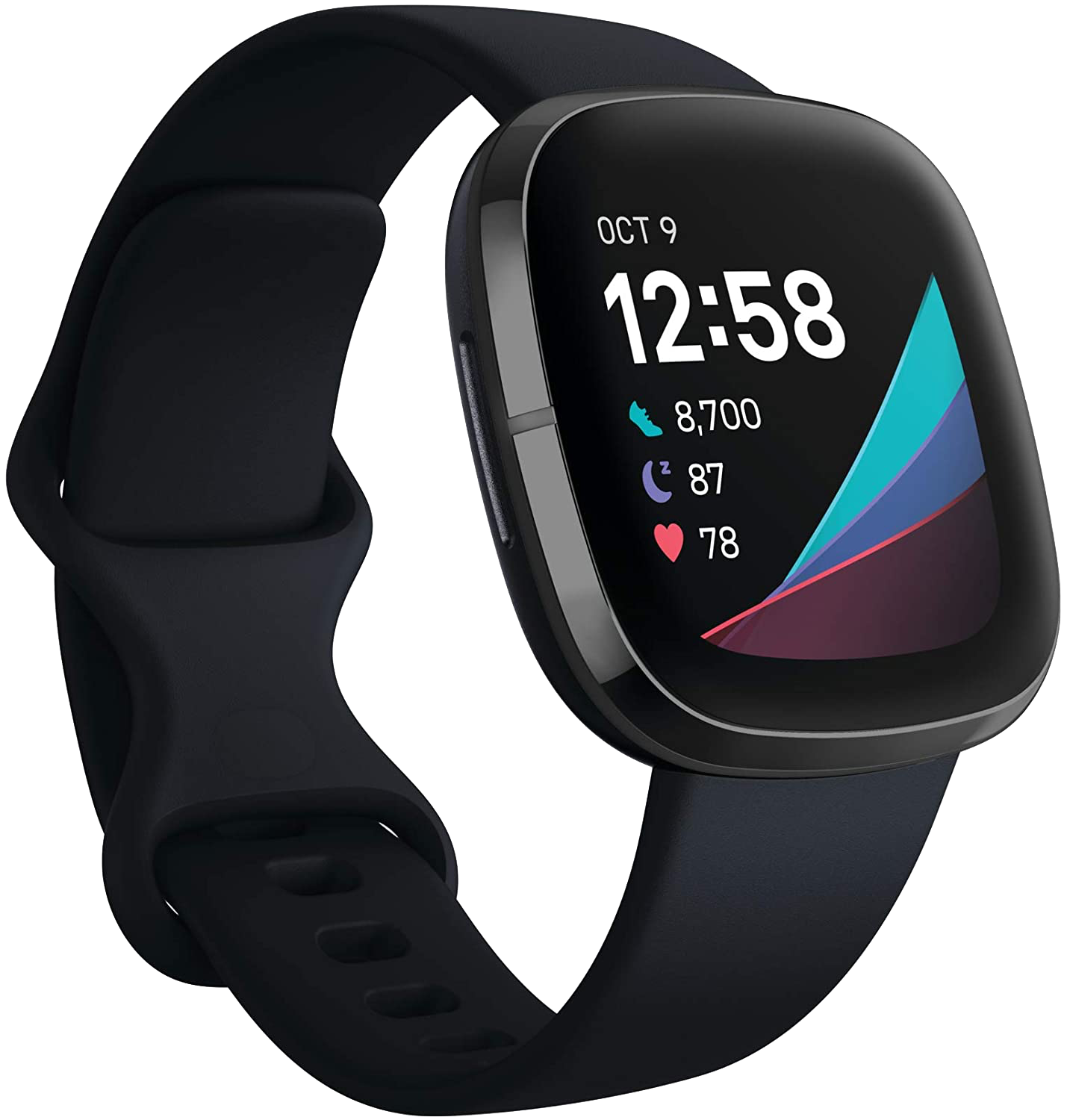
Tidak ada komentar:
Posting Komentar